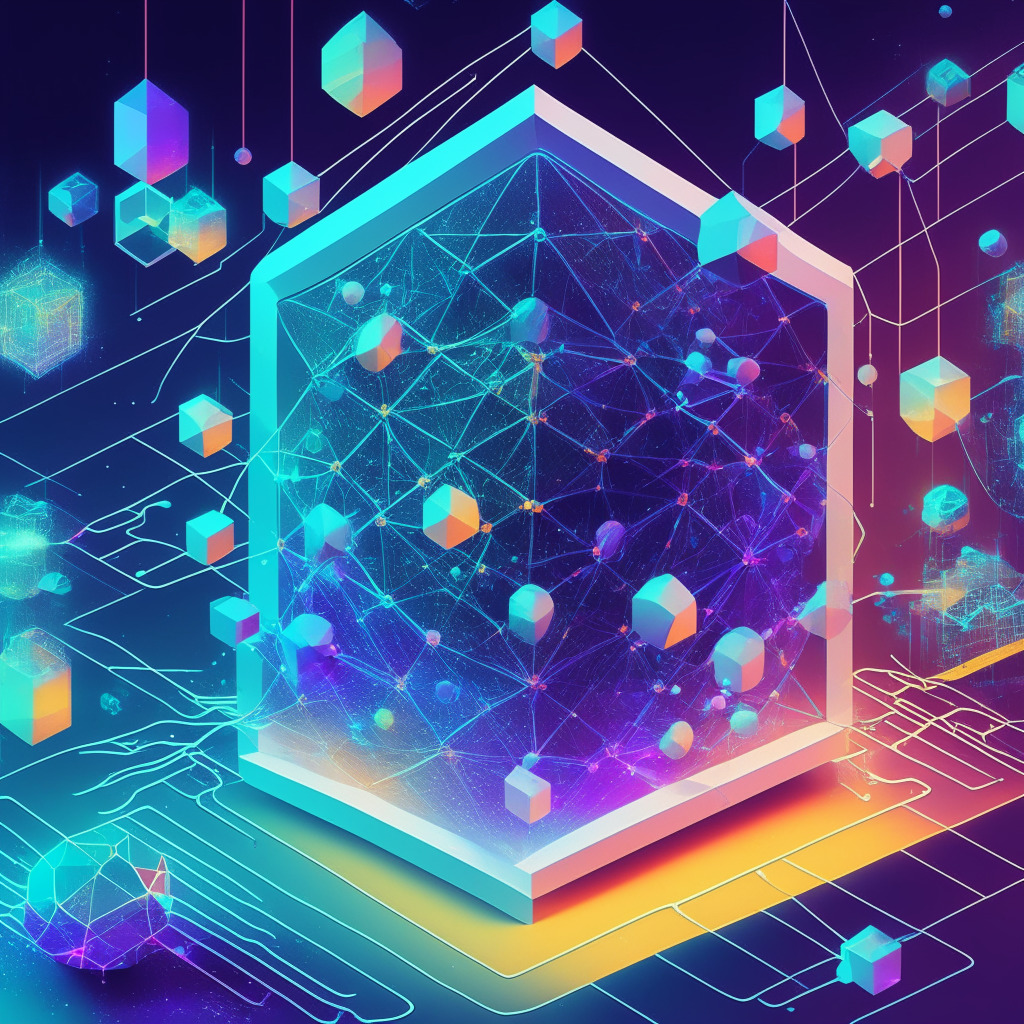In just 22 years, generative AI may be able to fully automate half of all work activity conducted today, including tasks related to decision-making, management, and interfacing with stakeholders, according to a new report from McKinsey & Co. The management consulting firm report, released on June 14, forecasts that 75% of generative AI value creation will come from customer service operations, marketing and sales, software engineering, as well as research and development positions.
The firm explained that recent developments in generative AI have accelerated its midpoint prediction by nearly a decade from 2053 to 2045. This change is significant, considering that countries like the United States, Germany, Japan, France, China, Mexico, and India, are all expected to experience different rates of adoption across the globe.
The report mentioned that automation adoption is likely to be faster in developed economies, where higher wages will make it economically feasible sooner. This could impact not only job markets but also the global economy at large. McKinsey estimates that generative AI systems have the potential to automate work activities that absorb 60-70% of employees’ time today. These systems are expected to have the most significant impact on high-wage workers who apply a high degree of expertise in decision-making, management, and stakeholder interfacing.
On the other hand, the generative AI market is predicted to add between $2.6 to $4.4 trillion to the world economy annually and be worth a whopping $15.7 trillion by 2030. This economic value would significantly add to the already growing contributions of non-generative AI tools in mainstream use today. For example, Bitcoin and other cryptocurrencies are increasingly becoming major players in the global financial markets and have attracted significant investments from individuals, institutions, and even governments.
Despite the many potential benefits of generative AI technologies, concerns regarding fake news, information manipulation, and other ethical issues are growing. For example, the United Nations recently highlighted serious and urgent concerns about generative AI tools producing fake news and information. Furthermore, well-known figures, such as Mark Zuckerberg, have faced scrutiny regarding the possible dangers of AI tools like Meta’s LLaMA.
Ultimately, the debate over the pros and cons of AI automation will continue as the technology rapidly advances. It remains unclear whether the widespread adoption of generative AI systems will bring more benefits than drawbacks, but one thing is certain: the way we work, communicate, and interact with technology will be profoundly transformed in the coming decades.
Source: Cointelegraph




